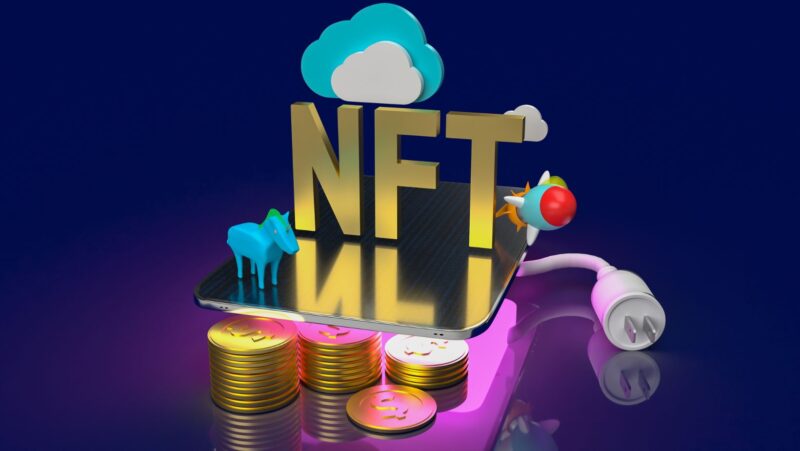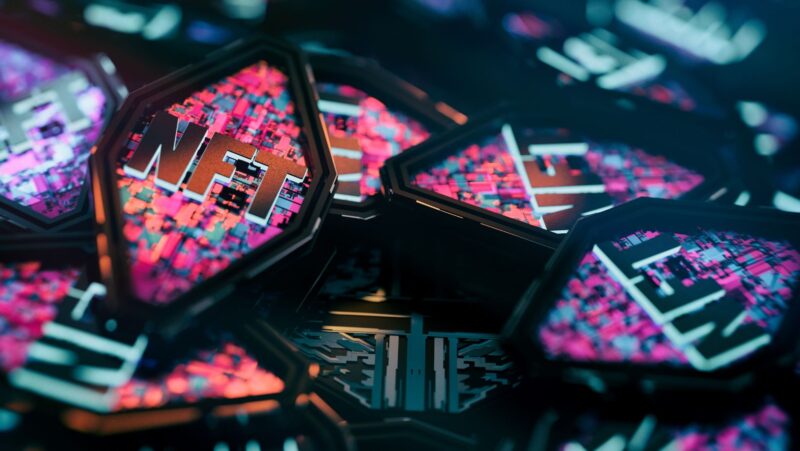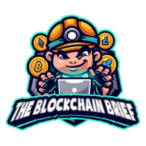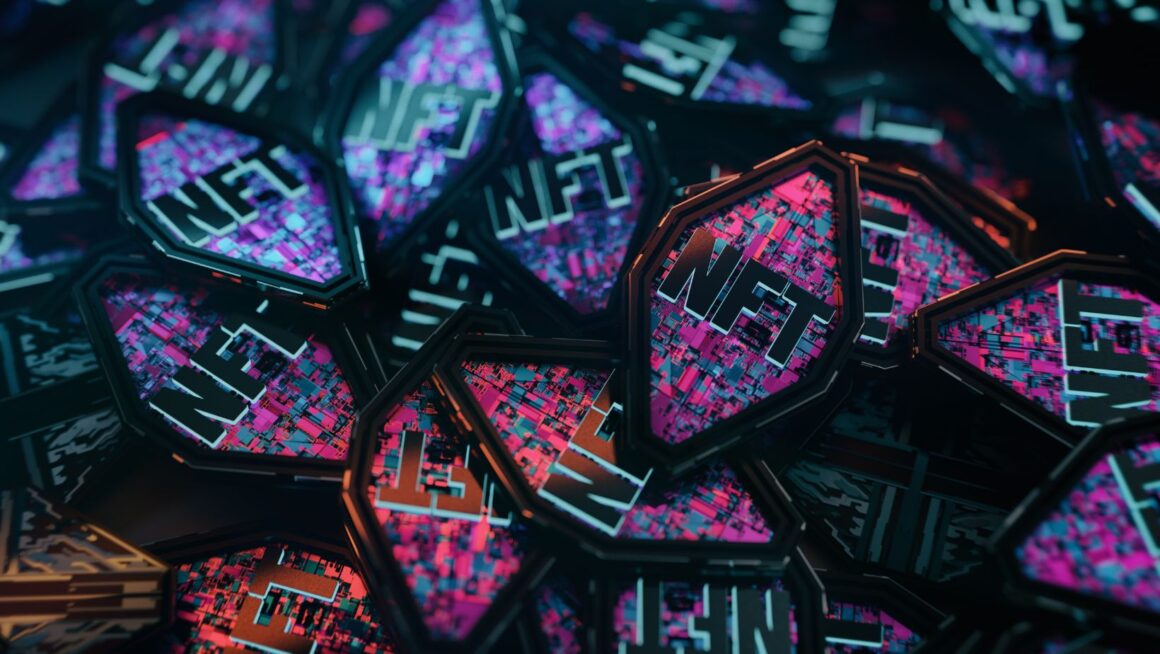 In the rapidly evolving digital landscape, Non-Fungible Tokens (NFTs) have sparked a revolution, challenging traditional notions of art, ownership, and investment. But as the initial frenzy subsides, many are left wondering: are NFTs dead? This question looms large over investors, artists, and tech enthusiasts alike, seeking clarity in a sea of speculation.
In the rapidly evolving digital landscape, Non-Fungible Tokens (NFTs) have sparked a revolution, challenging traditional notions of art, ownership, and investment. But as the initial frenzy subsides, many are left wondering: are NFTs dead? This question looms large over investors, artists, and tech enthusiasts alike, seeking clarity in a sea of speculation.
The rise and fall of new technologies often lead to polarized views, and NFTs are no exception. While some herald them as the future of digital assets, others dismiss them as a fleeting trend. This article delves into the current state of NFTs, examining the factors that fuel their longevity and those that threaten their existence. Through a balanced lens, it aims to offer insights into the viability of NFTs in today’s digital economy, setting the stage for a thoughtful exploration of their future.
Are NFTs Dead
What Are NFTs?
 Non-Fungible Tokens (NFTs) represent a revolutionary class of digital assets, distinguishing themselves from traditional cryptocurrencies by their uniqueness and indivisibility. Each NFT is a digital certificate of ownership for a specific item or piece of content, such as artwork, music, videos, and more, encoded onto a blockchain. This technology not only ensures the authenticity and ownership of digital assets but also allows them to be bought, sold, and traded on various platforms. Unlike cryptocurrencies such as Bitcoin or Ethereum, which are fungible and can be exchanged on a one-to-one basis, NFTs possess unique identifiers that prevent them from being interchangeable.
Non-Fungible Tokens (NFTs) represent a revolutionary class of digital assets, distinguishing themselves from traditional cryptocurrencies by their uniqueness and indivisibility. Each NFT is a digital certificate of ownership for a specific item or piece of content, such as artwork, music, videos, and more, encoded onto a blockchain. This technology not only ensures the authenticity and ownership of digital assets but also allows them to be bought, sold, and traded on various platforms. Unlike cryptocurrencies such as Bitcoin or Ethereum, which are fungible and can be exchanged on a one-to-one basis, NFTs possess unique identifiers that prevent them from being interchangeable.
The Peak of NFT Popularity
Record-Breaking Sales
 The peak of NFT popularity saw an unprecedented surge in record-breaking sales across various platforms. In March 2021, digital artist Beeple’s artwork sold for a staggering $69 million at Christie’s auction, setting a dramatic precedent for the value of NFTs in the art world. This event not only captured global attention but also signaled the vast financial potential within the NFT market. Subsequently, numerous digital works, collectibles, and virtual assets followed suit, fetching millions of dollars and underscoring the lucrative aspect of are NFTs dead.
The peak of NFT popularity saw an unprecedented surge in record-breaking sales across various platforms. In March 2021, digital artist Beeple’s artwork sold for a staggering $69 million at Christie’s auction, setting a dramatic precedent for the value of NFTs in the art world. This event not only captured global attention but also signaled the vast financial potential within the NFT market. Subsequently, numerous digital works, collectibles, and virtual assets followed suit, fetching millions of dollars and underscoring the lucrative aspect of are NFTs dead.
Celebrity and Big Brand Endorsements
 Adding to the fervor and aiding in the mainstream recognition of NFTs were numerous celebrity and big brand endorsements. High-profile figures from the entertainment and sports industries ventured into the NFT space, either by releasing their own collections or investing in NFT startups. Kings of Leon, for example, became one of the first bands to release an album as an NFT, offering exclusive perks to buyers. Similarly, NBA Top Shot, a platform for trading basketball highlight clips as NFTs, soared in popularity, backed by the National Basketball Association’s official endorsement. Luxury brands such as Gucci and Louis Vuitton also explored NFTs, launching limited-edition virtual goods and experiences.
Adding to the fervor and aiding in the mainstream recognition of NFTs were numerous celebrity and big brand endorsements. High-profile figures from the entertainment and sports industries ventured into the NFT space, either by releasing their own collections or investing in NFT startups. Kings of Leon, for example, became one of the first bands to release an album as an NFT, offering exclusive perks to buyers. Similarly, NBA Top Shot, a platform for trading basketball highlight clips as NFTs, soared in popularity, backed by the National Basketball Association’s official endorsement. Luxury brands such as Gucci and Louis Vuitton also explored NFTs, launching limited-edition virtual goods and experiences.
Signs of a Slowdown
As the previous sections have illuminated the explosive rise of are NFTs dead across digital art, collectibles, gaming items, and virtual real estate, a closer look reveals indicators suggesting a cooldown phase within this vibrant marketplace.
Decline in Sales Volume
 One of the most telling signs of a potential slowdown in the NFT market is the noticeable decline in sales volume. After reaching unprecedented heights in 2021, with record-breaking sales such as Beeple’s $69 million artwork, data from leading NFT marketplaces has shown a downward trend in both the number of transactions and the total sales figures. For instance, specific periods have witnessed a significant drop in weekly sales numbers, reflecting decreased buyer activity and potentially waning interest. This decline is a stark contrast from the fever-pitched demand observed during the peak of NFT popularity, indicating a shift in market dynamics.
One of the most telling signs of a potential slowdown in the NFT market is the noticeable decline in sales volume. After reaching unprecedented heights in 2021, with record-breaking sales such as Beeple’s $69 million artwork, data from leading NFT marketplaces has shown a downward trend in both the number of transactions and the total sales figures. For instance, specific periods have witnessed a significant drop in weekly sales numbers, reflecting decreased buyer activity and potentially waning interest. This decline is a stark contrast from the fever-pitched demand observed during the peak of NFT popularity, indicating a shift in market dynamics.
Our Founder and Chief Enthusiast: With a background that’s a wild mix of tech enthusiasm, finance, and a short stint believing blockchain was a new martial arts technique, Matej is the heart and soul of TheBlockchainBrief.com. He’s got more passion for cryptocurrency than most people have for coffee, and that’s saying something.

